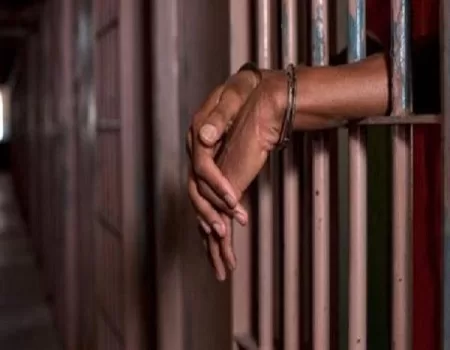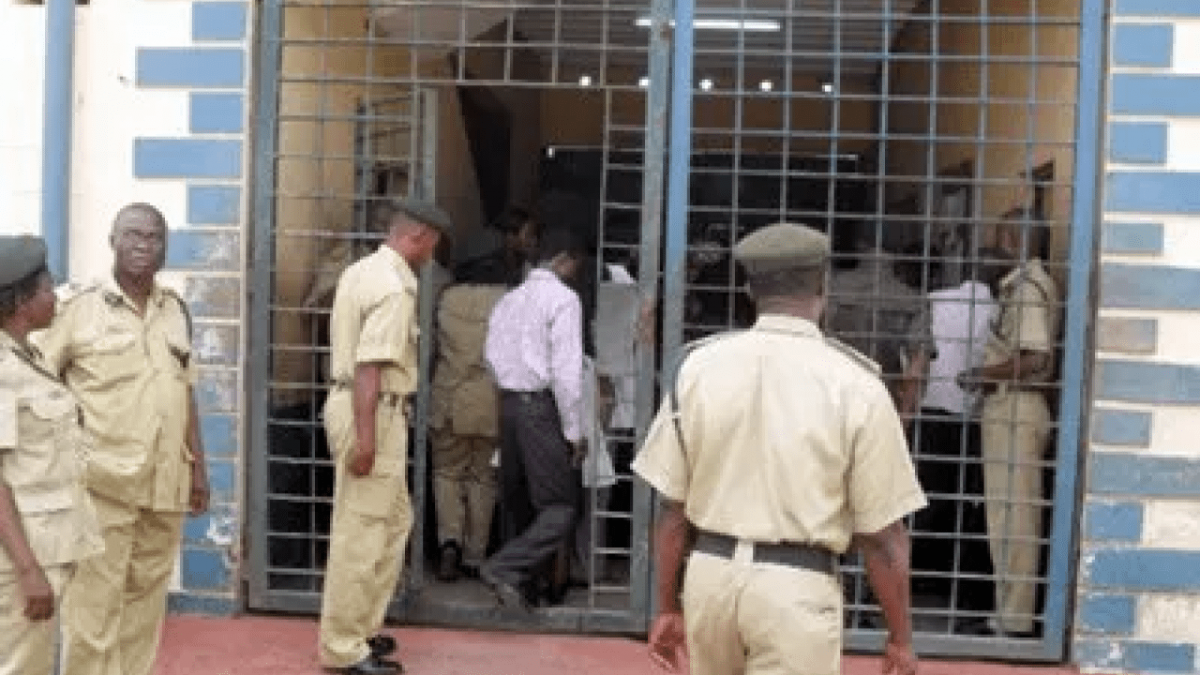According to the Nigerian Correctional Service, there are 3,298 prisoners in Nigeria’s prisons who are on death row.

They are waiting for the day they could be called out to face the punishment, although many governments, Nigeria inclusive, shy away from signing documents for public executions.
However, announcing the figure, the organisation claimed that the word “condemned criminal” had been repealed.
This was contained in a statement sent to the News Agency of Nigeria on Wednesday in Abuja by its spokesperson, Mr. Abubakar Umar.
The word “condemned criminal” was abolished with the passing of the NCoS Act 2019 because it is stigmatising and turned jails into correctional facilities, he said.
He claimed that the organisation favoured the more approachable name “Inmates on Death Row (IDR)”.
He emphasised that death penalties were not usually carried out right away after being handed out.
“The convicted frequently experience protracted periods of uncertainty while their cases are being appealed at higher levels.
“Some criminals have been put to death more than 15 years after being found guilty.
“They were basically awaiting the hangman’s noose in our custodial centers after being found guilty of capital offences.
“We have quite a number of them; as of today, we have a total of 3,298 inmates on death row.
“They constitute about 4.5% of the total number of inmates in our various custodial centres nationwide,” he disclosed.
People Also Read: Emefiele May Face Jail Term For Flouting Supreme Court Order
According to Umar, some IDRs, have been detained for a long time, from the time of their arrest up until their trial and sentencing.
He said that several of them had committed crimes carrying the death penalty, including culpable homicide, armed robbery and terrorism.
“The good thing is that we engage all of them in activities that will reform and modify their behaviours.
“The goal is to make them better citizens of the nation.
“We also make them undergo personal development programmes like anger management, civic education as well as entrepreneurship.
“Some of them, who do well and show some glimpse of hard work, industry and discipline, are recommended for clemency to the relevant authorities,” he said.
The spokesman said that many IDRs had been executed in the past before the proliferation of the activities of human rights groups and organisations.
“Currently, there is somewhat a kind of moratorium on execution of offenders.
“Before the moratorium on execution of IDRs became widespread, executions of IDRs were being carried out as and when due.
“But with the rising activities of human right groups, many governments shy away from signing the death warrants of these offenders.
“Though it is still in practice, it is not common as it used to be. The last execution of IDRs was carried out in 2016 in Edo.
“We encourage state governors, who shy away from signing the death warrants, to commute them into other sanctions”. he said.
In most developed countries, death penalties have been replaced with life imprisonment.
DIFFERENCE BETWEEN PURE WATER AND SACHET WATER: IT’S FUNNY HOW PEOPLE THINK


